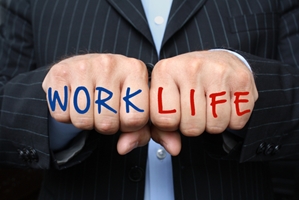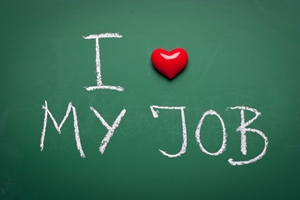
Traditionally, perks like employee benefits, flexibility and a generous wage are what influence prospective hires to apply for a job and veteran employees to remain loyal. But based on a recent study, there's a lot more to retention than what initially meets the eye.
This is particularly true for millennials, or those who were born between the 1980s and early 2000s. According to them, what they really want – more than money or prestige – is the ability to make a difference.
Nearly 1 in 4 respondents said that what they most wanted in a job was the ability to leave an impression on their workplace for good, recruitment solutions firm Futurestep found. This was the most common response in the survey. It was followed by opportunities for advancement at 20 percent and constructive criticism that led to improved work results at 13 percent.
Trish Healy, Futurestep vice president of recruitment operations, noted that as more of the country's workforce is occupied millennials – many of whom are replacing the outgoing baby boomer generation that's entering retirement – priorities seems to be changing.
"Where traditionally we might have expected salary to be the number one differentiator for talent choosing their next employer, Millennials are now placing greater value on understanding what a company stands for and how, as employees, they can play a role in growing the organization into a better, stronger brand," said Healy. "As part of the recruiting and onboarding process, organizations need to clearly communicate the paths for advancement and create ongoing dialogue about development opportunities."
73 million millennials in U.S.
There are currently about 73 million members of Generation Y, another name for millennials, living in America. This 18- to 34-year-old segment of the nation's society is the largest young adult grouping in the past 30 years, according to the U.S. Census Bureau.
Millennials are among the most well-educated, particularly in comparison to young adults from yesteryear. About 22 percent of them have a college degree, up from 16 percent in 1980. Massachusetts, New York and New Jersey have the largest share of millennials with a diploma from a higher-learning facility.
Just because millennials are more likely to have the appropriate qualifications for a job post doesn't mean that employers don't work with them to make their adjustment to it more seamless. The Futurestep report found that 81 percent of employers developed their millennia employees differently than those who were older than them.
Identifying employees' ability to make a lasting impact on a business is a way of demonstrating appreciation, which is also something that workers highly value. In a separate poll, 53 percent of employees said that they felt appreciated at work for their efforts and jobs well done, according to workforce management solutions firm Kronos. Of those respondents who thought about going into a different line of work in the past year, close to 60 percent said they had felt like they weren't recognized properly for their contributions.





